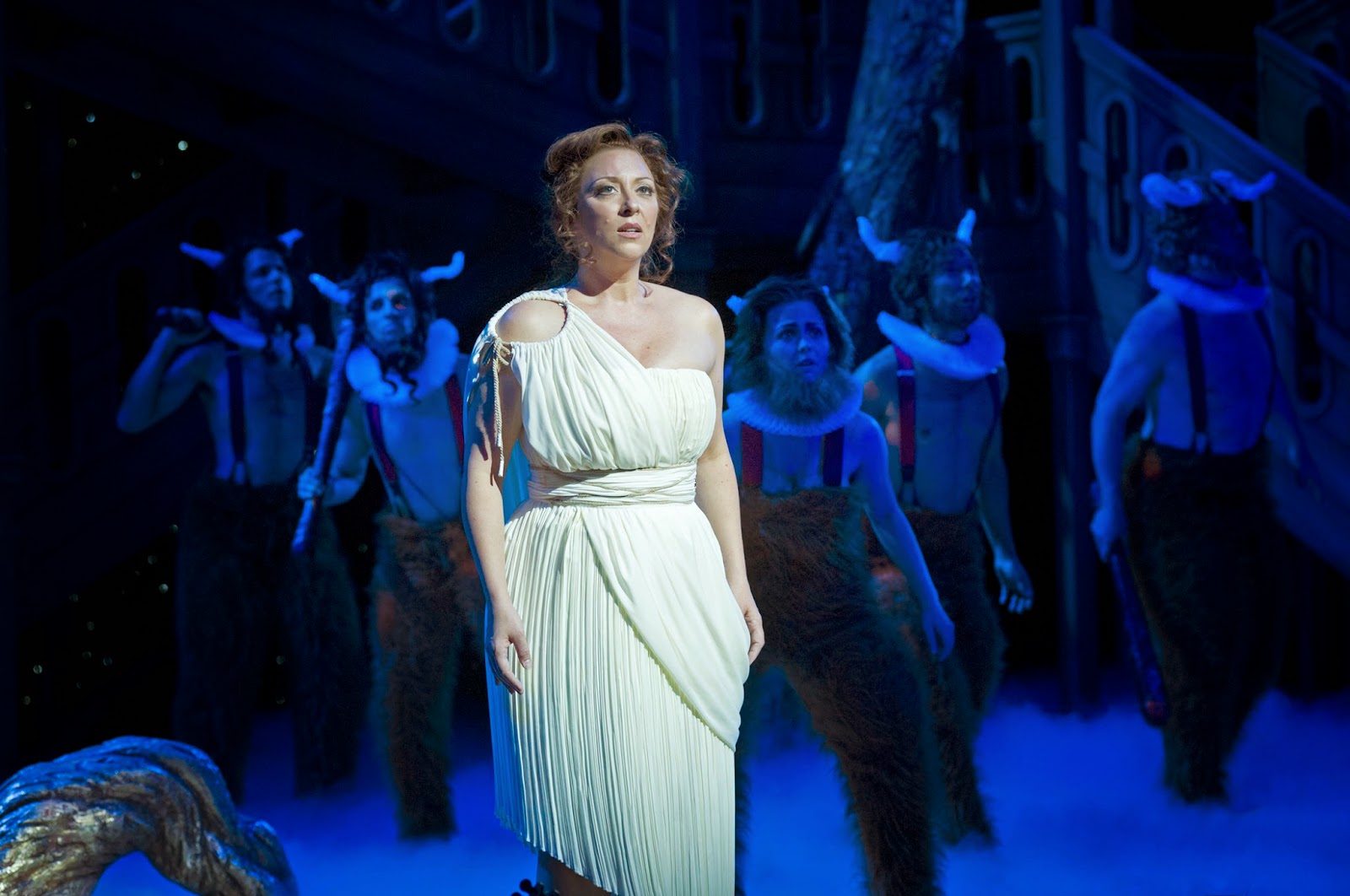IVCI jury president joins forces with distinguished former student and Curtis Institute colleagues for Bach et al.

Since 1994, Jaime Laredo, who as a teenager studied with Josef Gingold at Indiana University, has presided over the jury of the International Violin Competition of Indianapolis, which Gingold founded. Laredo also has had a firm connection with the Curtis Institute in Philadelphia, where he studied with Ivan Galamian and later served on the faculty. In that capacity, one of his students was Jennifer Koh, now well-launched upon a splendid career that embraces advocacy of new music. Together, on a new Cedille Records release titled "Two x Four," the violinists offer an attractive program of music for strings that highlight two violin soloists. The disc opens with a fleet, engaging account of "the Bach Double," as J.S. Bach's Concerto for Two Violins in D minor is familiarly known. Coordination with the accompanying orchestra — the Curtis 20/21 Ensemble, conducted by Vinay Parameswaran, is tidy and animated. I'm impressed with the unity of expressio









